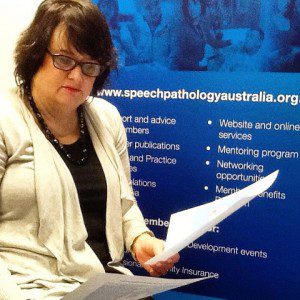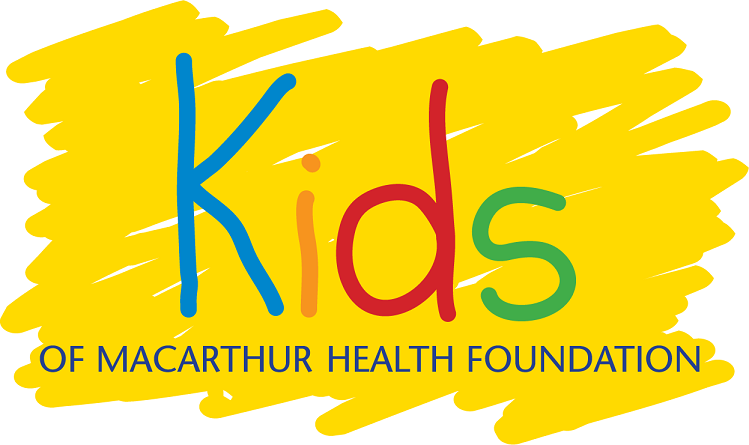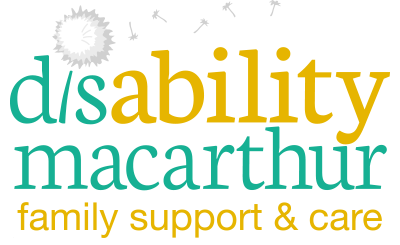
For the next few days the South Western Sydney Local Health District (SWSLHD) will help shine the light on more than 1.1 million Australians who have a speech or swallowing difficulty.
SWSLHD wants to use Speech Pathology Week (August 23-29) to make a practical difference.
This years’ Speech Pathology Week theme, Talk with me, will coincide with Liverpool Hospital and Mission Australia’s new pre-literacy program Ready Set Go, which will be launched tomorrow, August 26.
Director of Allied Health Sue Colley said she hopes both the event and program will help raise awareness and reiterate the importance of communication.
“Communication skills are key to literacy development and literacy is an essential life skill that impacts on academic achievement, mental health, employment options, social inclusion and long term health outcomes,” Ms Colley said.
“We know that 20 per cent of four year old children have difficulty understanding and using language and 14 percent of 15 year old Australians have only basic literacy skills.
[social_quote duplicate=”no” align=”default”]“Talking, reading and singing to your children from birth are a pivotal part of setting the foundations for your child to be literate.[/social_quote]
“Even if your child isn’t actively participating in conversations yet, they will still learn from what they hear.”
To emphasise the importance of shared book reading and the impact it can have on a child’s communication and long term literacy development, Liverpool Hospital general manager Robynne Cooke will undertake a book reading at the event from 10am to children from Liverpool Hospital’s child care centre.
Liverpool Hospital Head of Speech Pathology, Ms Tia Croft, said children with communication difficulties are at increased risk of long term literacy difficulties.
Hence the importance of early intervention with these children.
Investment in addressing communication difficulties in children early on can have a positive impact on their life, family and community.
Communication disorders don’t just affect the young with at least 30 per cent of people post-stroke suffering a loss of language.
Voice, speech and or swallowing difficulties are also found in 85 per cent of those with Parkinson’s disease.
[social_quote duplicate=”no” align=”default”]“After a stroke it is very common to have communication problems due to a condition known as aphasia which can affect your ability to speak, think and comprehend what is being read, written or what others are saying,” Ms Croft said.[/social_quote]
Speech pathologists work with people who have trouble communicating as a result of developmental delays, a stroke, brain injury, learning disability, intellectual disability, cerebral palsy and hearing loss, as well as other problems that can affect speech, language and communication.
Speech pathologists are specialists in all forms of communication and work with people to maximise their ability to communicate in a way that best meets their needs and abilities.
♦ For more information visit the speech pathology website.



